
The Secretary of Defense in Great Britain during the war in Kosovo, George Robertson, says that currently the biggest security challenge facing the world is defeating the Russian president, Vladimir Putin.
For The Geopost, Robertson points out that Ukraine’s victory is vital to halting Russian influence in the Balkans and beyond. Otherwise, he adds, Russia will go “further”.
While he says that Russia is seeking to expand its influence, throughout the world and in particular in the Western Balkans, he is optimistic about the future of the Western Balkans, and especially Kosovo, which he adds that he also worries about.
Full interview:
The Geopost: 25 Years after you were NATO Secretary General, what are the challenges that NATO faces today?
Lord Robertson: At the Washington summit, at the top of the agenda will be Ukraine. We have to defeat Vladimir Putin. Ukraine has got to survive and to win in this conflict and nothing matters more than that.
It is hugely important for all of the world and especially the Western world that Ukraine survives as a country and resists and repels those who have invaded it illegally and with no provocation at all.
The Geopost: You said (at the conference) that the biggest challenge is Russian influence in the Balkans, how do you see the problem of Russian influence, especially in Serbia?
Lord Robertson: There is no doubt that Russia is seeking to expand its influence, not just in the Western Balkans, but in fact throughout the world and especially in Western Europe. But the Western Balkans is very much part of the territory they would like to dominate. So therefore, they are involved in disruption, in economic sabotage, they are involved in cyber-attacks, because that’s the way in which they operate, and they will, if they win in Ukraine, be doing much more of that in the future. So, people should be very wary in this region about what Russia will eventually do, especially if they win in Ukraine.
The Geopost: NATO gave Kosovo its freedom, today, 25 years after, how do you see Kosovo and its future?
Lord Robertson: We gave Kosovo its freedom. We liberated it from the violence that was being meted out against it, but we didn’t give it its future. Its future is in the hands of people like you, of the population of Kosovo as a whole, and they’ve got to make sure that they build on that.
You know the small children who were tiny at the time of the liberation 25 years ago are now, you know, in some cases will be parents and grandparents themselves and therefore we and you have got to look very much to what needs to be done in order to create a prosperous community where there is a unity between all of the different countries in the Western Balkans. You know, Madeleine Albright was once asked whether she was a pessimist or an optimist and she replied, I’m an optimist who worries. So I’m an optimist about the Western Balkans and especially about Kosovo but I worry as well.
/Thew Geopost

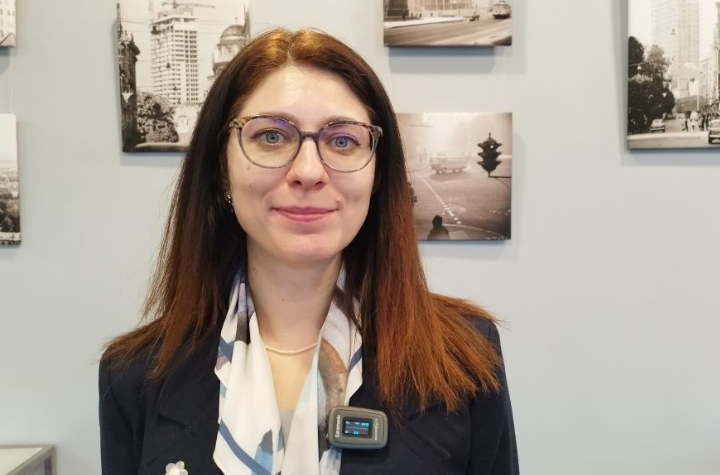 Danchenkova: Ukraine is fighting two fronts – Russian attacks and disinformation war
Danchenkova: Ukraine is fighting two fronts – Russian attacks and disinformation war 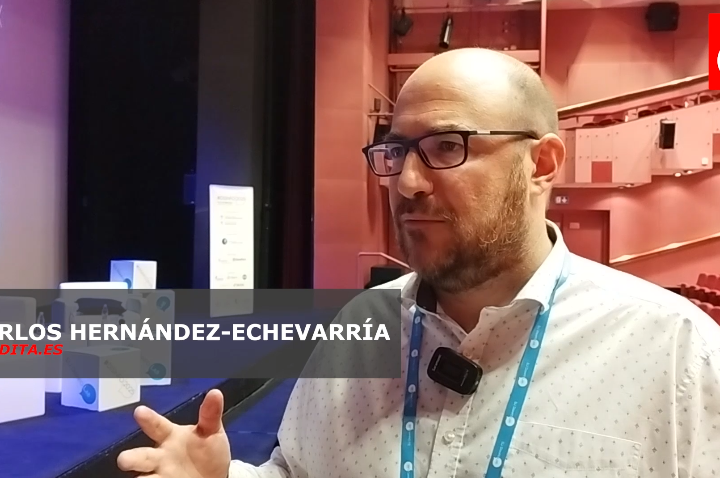 Russia is using disinformation to influence Western democracies
Russia is using disinformation to influence Western democracies  “Disinformation is becoming more sophisticated,” Alexandre Alaphilippe talks about global challenges and the role of AI
“Disinformation is becoming more sophisticated,” Alexandre Alaphilippe talks about global challenges and the role of AI 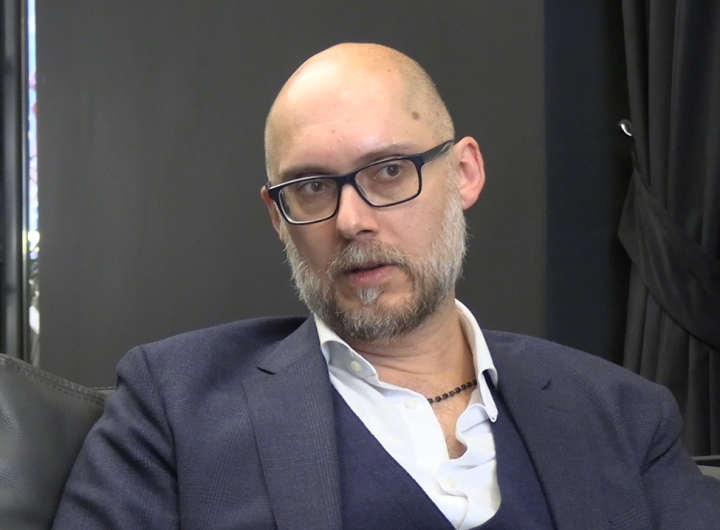 Paolo Palumbo: Russia is strengthening disinformation campaigns through artificial intelligence
Paolo Palumbo: Russia is strengthening disinformation campaigns through artificial intelligence 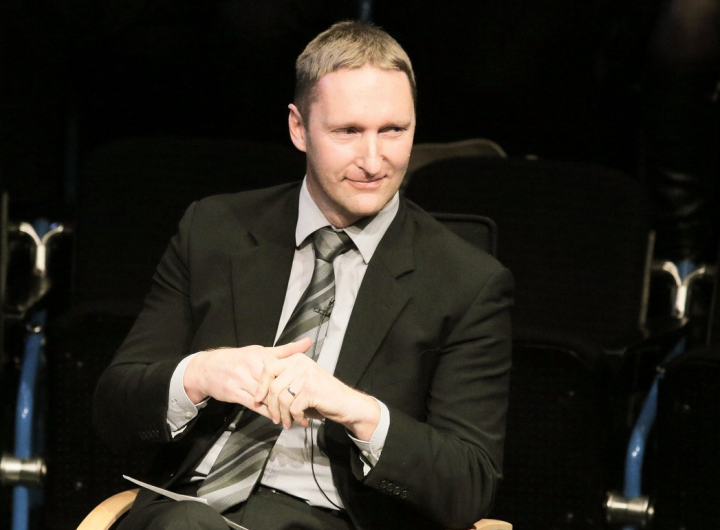 Professor Iztok Prezelj: Balkans influenced by external powers, Serbia serves as an entry point for Russia
Professor Iztok Prezelj: Balkans influenced by external powers, Serbia serves as an entry point for Russia 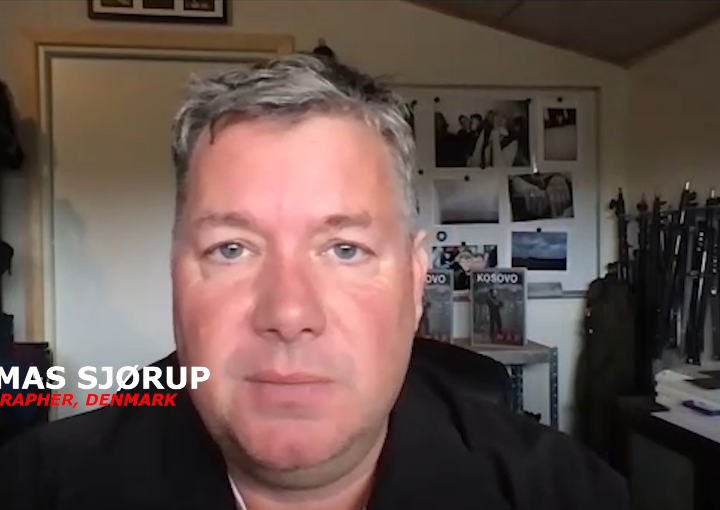 Kosovo through the lens, interview with the photojournalist of 1999
Kosovo through the lens, interview with the photojournalist of 1999